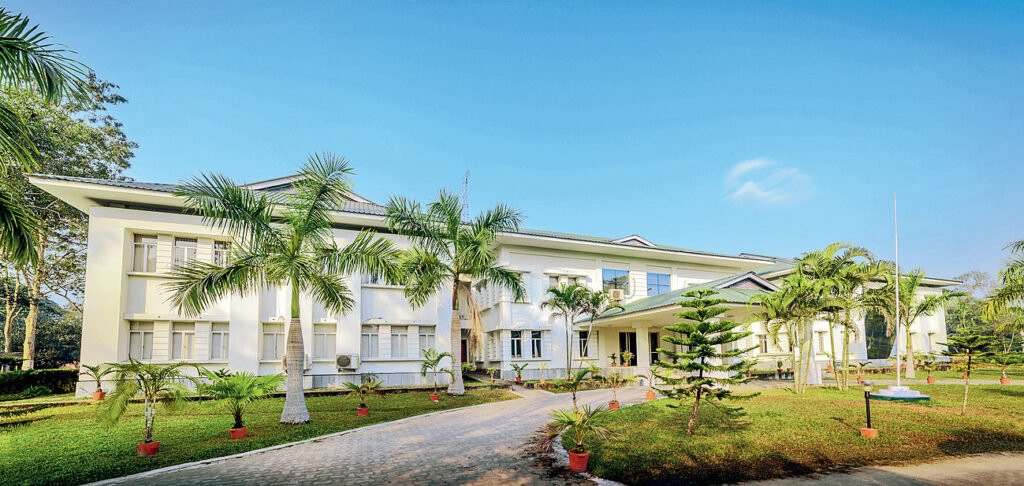Experts have warned that rising temperatures and erratic rainfall could render most of today’s tea-growing regions unsuitable in the coming decades. Scientists at the Toklai Tea Research Institute in Jorhat are racing against time to develop climate-resilient tea varieties to protect this century-old industry.

Rupanjali Deb Baruah, a climate scientist at TRI, highlights the shocking data, rainfall has dropped by over 250 mm since 1980, while temperatures have surged by 1.5°C. In 2024 alone, Assam saw 50 days with temperatures crossing 35°C, threatening tea crops with extreme heat stress. Early droughts and unseasonal rainfall are further slashing yields, raising concerns for the industry’s survival.
To fight back, TRI scientists are experimenting with heat-tolerant tea clones, advanced irrigation techniques, and integrated pest management. Their research includes open-top chambers simulating future climate conditions, where tea plants are tested under elevated carbon dioxide levels to identify cultivars that can withstand the changing environment.

Dr. Azmiri Sultana Rehman, a researcher at TRI, explains that these studies are crucial for developing future-ready tea plants. The institute also introduces AI, drones, and sustainable farming methods to reduce the industry’s carbon footprint.
Meanwhile, TRI’s GIS Lab, in collaboration with Ethical Tea Partnership, empowers tea-growing communities with climate adaptation strategies. Training programs across 20 tea regions in Assam are helping farmers prepare for the harsh realities ahead.

Assam’s tea industry stands at a turning point, will science and sustainability secure its future, or are we witnessing the beginning of its decline? The answer depends on the action we take today.

